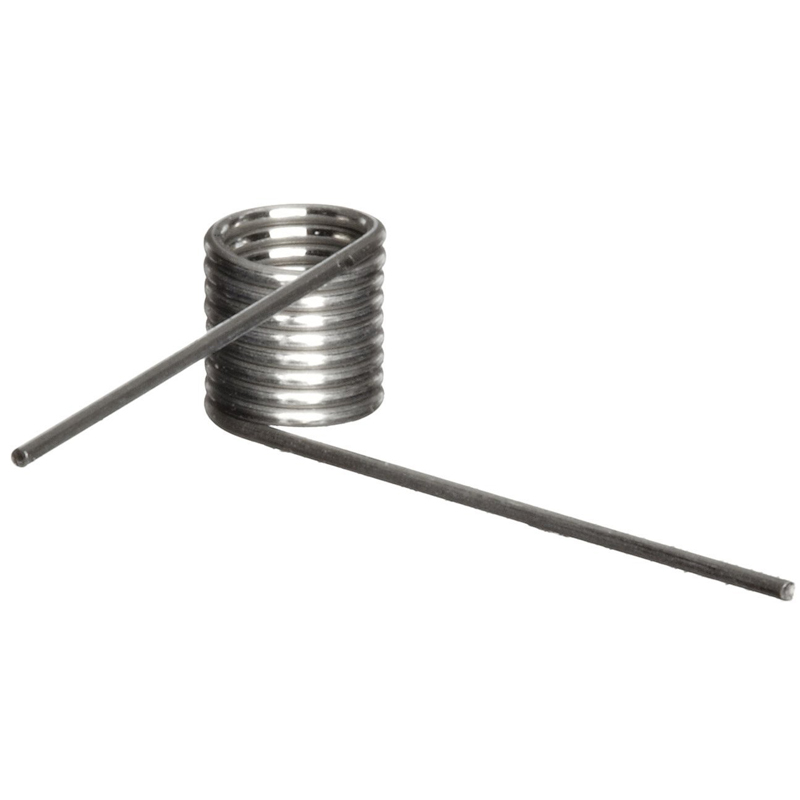
- Mobile Phone
- +8613931874955
- sales@cntcmetal.com
concrete formwork accessories
Understanding Concrete Formwork Accessories Essential Components for Successful Construction
Concrete formwork is a vital aspect of construction that involves creating a mold to shape the concrete until it sets. The success of any concrete pouring project heavily relies on the quality and efficiency of formwork systems. To ensure that formwork operates effectively and safely, various accessories are utilized. This article delves into the essential concrete formwork accessories, their functions, and their benefits in ensuring the integrity of construction projects.
1. Formwork Braces
Formwork braces are critical accessories that provide lateral support to formwork systems. These braces are designed to withstand the pressure exerted by fresh concrete, preventing the forms from collapsing or bowing. Typically made from steel or aluminum, braces can be adjusted to fit various sizes and configurations of formwork. Their robust construction enhances stability, allowing contractors to pour concrete with confidence.
Tie rods and straps are essential for holding formwork panels together tightly. They create tension and ensure that the forms do not move apart under the weight of the concrete. By connecting opposite sides of the formwork, tie rods help maintain the shape of the structure. Available in various lengths and thicknesses, these accessories are vital for keeping the formwork in position while the concrete cures.
3. Formwork Accessories Spacers and Supports
concrete formwork accessories

Spacers play a crucial role in ensuring the correct positioning of rebar within the formwork. They prevent the rebar from sinking or floating in the concrete, which can compromise the strength and integrity of the final structure. Supports, on the other hand, are used to hold the formwork in place, particularly for larger or more complex projects. Both spacers and supports contribute to efficient and precise concrete placement, which is essential for achieving high-quality results.
4. Form Liners
For projects requiring aesthetic finishes, form liners are used to create decorative textures or patterns on the surface of the concrete. Made from flexible materials like rubber or plastic, form liners can mimic various designs, ranging from intricate tiles to natural stone. Using form liners not only enhances the visual appeal of concrete structures but also can reduce the need for additional finishing work after curing.
5. Leveling Devices
Accurate leveling is crucial in concrete work to ensure a flat and even surface. Leveling devices, such as laser levels or bubble levels, are used to check the alignment of the formwork before pouring concrete. This step helps prevent costly repairs and adjustments later on. Ensuring precision with leveling devices contributes significantly to the overall quality and longevity of the concrete structure.
Conclusion
Concrete formwork accessories are indispensable tools that enhance the efficiency and effectiveness of construction projects. By understanding the various types of accessories available—such as braces, tie rods, spacers, form liners, and leveling devices—contractors and builders can ensure that their formwork systems are robust, reliable, and capable of producing high-quality concrete structures. Investing in the right formwork accessories not only improves safety but also contributes to the long-term durability and aesthetic appeal of the constructed facilities. As construction technology continues to evolve, staying informed about the latest innovations in formwork accessories will empower builders to achieve excellence in their projects.
share:
-
Your Source for Concrete Wall Ties and Masonry AccessoriesNewsJul.10,2025
-
Unlocking the Power of Iron Wire for Every ProjectNewsJul.10,2025
-
Explore Advanced Chain Wire and Stainless Steel Mesh FencingNewsJul.10,2025
-
Discover the Benefits of Annealed Wire ProductsNewsJul.10,2025
-
Discover China Stainless Steel Wire Mesh SolutionsNewsJul.10,2025
-
Build with Confidence Using High-Performance Masonry AccessoriesNewsJul.10,2025
-
Why Sacrificial Formwork Is Redefining Underground ConstructionNewsJun.06,2025



















